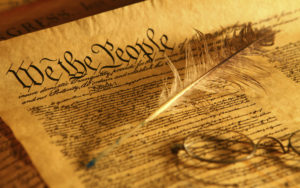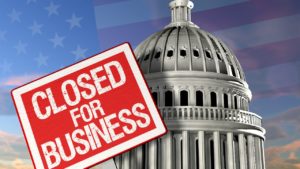By JOHN KANELIS / johnkanelis_92@hotmail.com
I am going to stand strong and foursquare in representative democracy’s corner as our system of government faces down this frontal assault by the Republican Party.
Donald Trump has lost a presidential election. He continues to challenge the free and fair results. He is losing court battle after court battle. Judges are scorning his legal team’s so-called logic. Yet he persists.
I submit that representative democracy is suffering some serious collateral damage in this political fire fight. The good news, though, is that I also believe our system of government will survive.
President-elect Joe Biden will take office in about six weeks. Donald Trump will be gone from the center of the U.S. political universe. President Biden will commence the task of “restoring our national soul.”
He will have to apply proverbial bandages to representative democracy as well. Donald Trump’s assault on our system of government is putting it to an unprecedented test. I remain faithful to the notion that our system that has been tried over many years by other virulent forces will be strong enough to withstand the damage that Donald Trump is inflicting on it.
The legendary journalist Carl Bernstein calls Trump’s refusal to accept Biden’s victory as more dangerous than President Nixon’s attempt to cover up the Watergate scandal of the 1970s. Bernstein calls Trump the most “subversive” individual ever elected to the presidency. He seeks to subvert our democratic principles to his ego, to his quest for authoritarian power and for his relentless challenge to the integrity of our voting system, which is the bedrock of our government.
No man, though, is capable of bringing down out representative democracy. It will survive this assault. Indeed, it could emerge even stronger than ever.
My eternal optimism will not allow me to consign our system to the scrap heap because a demented politician seeks to destroy it.




